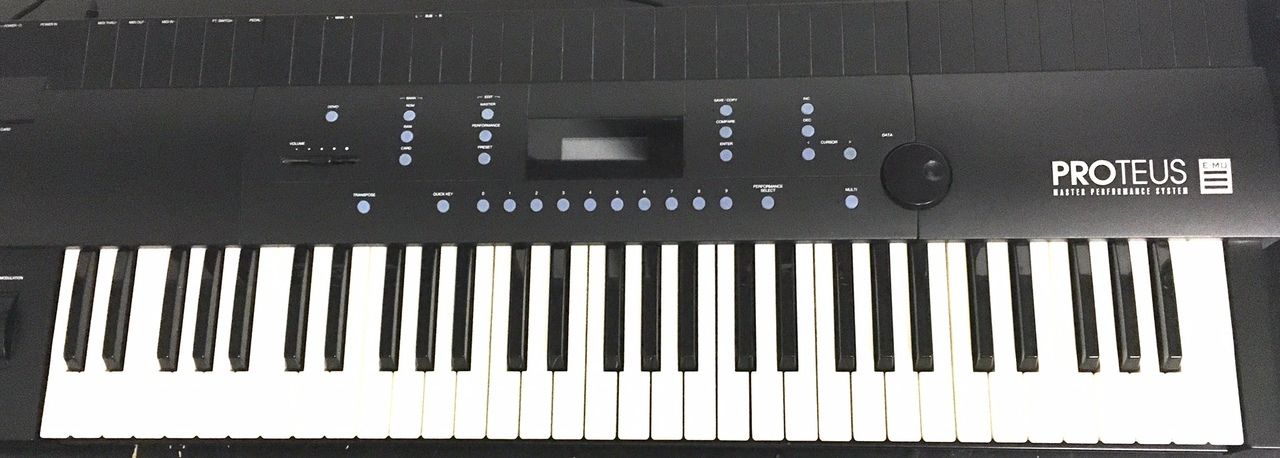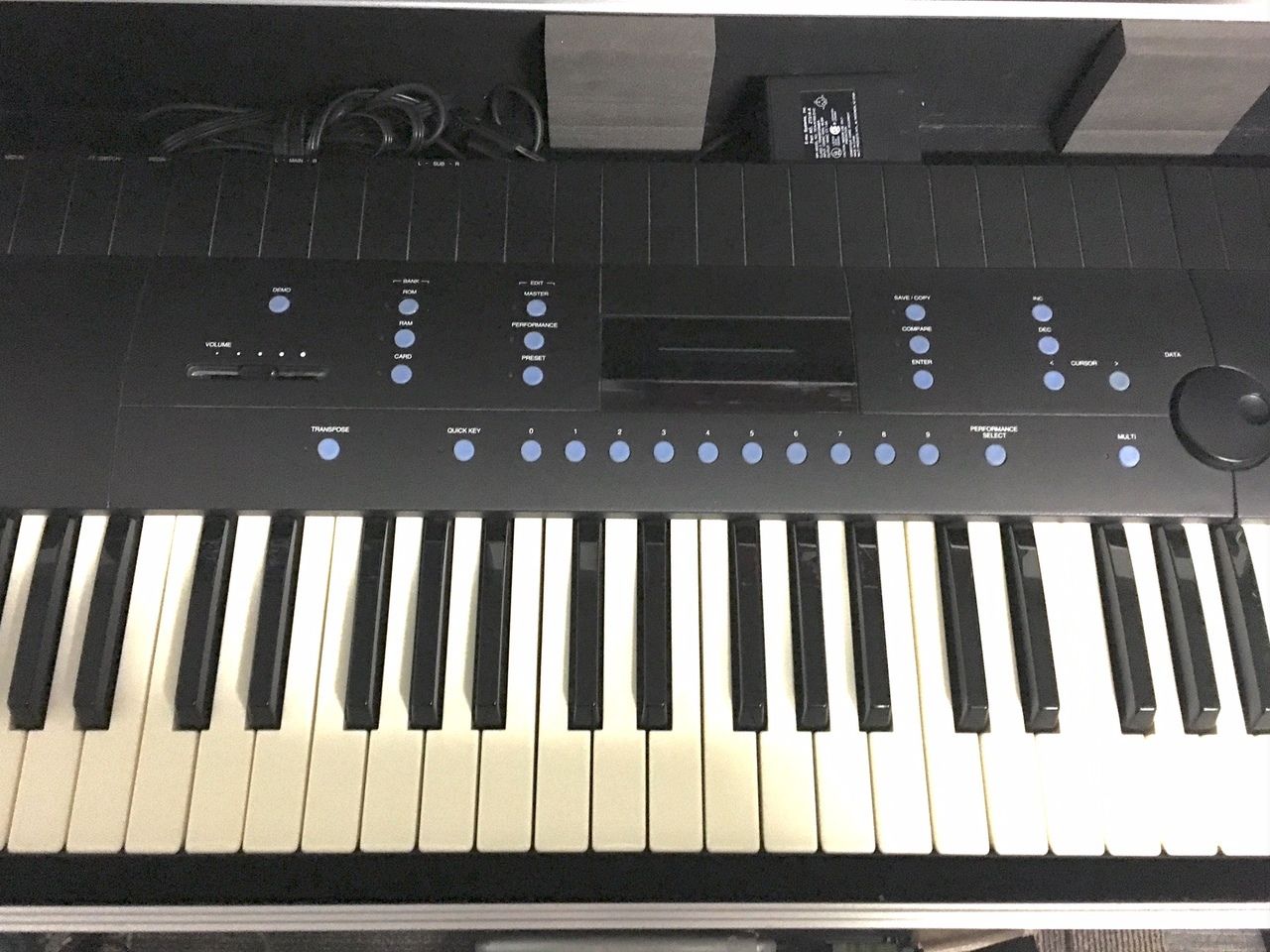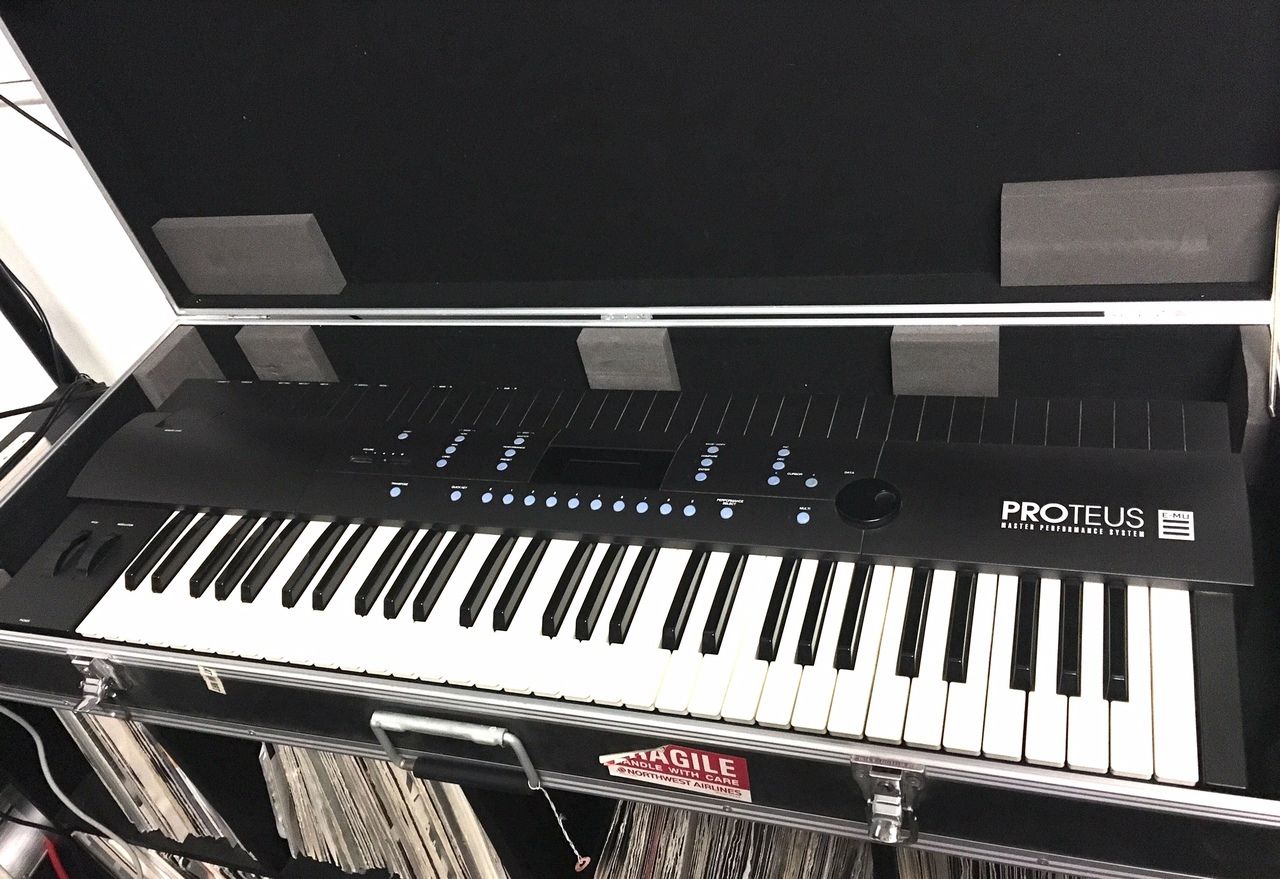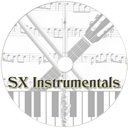Filter on ALL, SYNTH, DRUM, SAMPLER or MISC |
Total list currently 2405 items in 330 Brands |
E-mu | Proteus MPS |
Description | The Proteus Master Performance System is first and foremost a keyboard instrument with natural instrument sound. This is because its sounds are based on actual digital recordings of “real” instruments. In this way Proteus is very similar to a sampling instrument, except that we have done the sampling for you. The Proteus comes loaded with four megabytes of the highest quality 16 bit samples, selected from the Emulator III sound library. Everything you need to play and compose in a wide range of contemporary styles. You simply plug in and play. But this is only the beginning. Proteus allows you to take sounds apart and reassemble them into entirely new sounds by combining parts of one sound with another. There's no shortage of sounds either. Proteus contains 100 permanent preset sounds and 100 user-changeable sounds on board. In addition, RAM cards hold another 100 user presets each so you can build a custom library of your favorite sounds. After you have created your sound, you can add reverb or a full range of other studio quality effects using two separate effects at once. Master Performance System describes Proteus' powerful master controller capabilities. You can manage your entire MIDI setup by means of the velocity and pressure-sensitive keyboard, which can be split into four sections. A powerful Performance Mode allows you to reconfigure your other MIDI instruments during a live performance. Other features include user-definable alternate tunings and of course, an extensive MIDI implementation. Proteus also features 32 voice polyphony with layering capabilities (up to 8 sounds on each key) and the ability to respond multi-timbrally to all 16 MIDI channels. It is ideally suited for multitrack sequencing and composing using a MIDI sequencer. |
| Brand | E-mu |
| Model | Proteus MPS |
| Device | Synth |
| Type | Keys |
| Engine Type | Digital |
| Engine | Sample |
| Voices (max) | 32 |
| Multitimbral | 16 |
| Oscillators | 1 |
| LFO | 2 Sample & Hold, Saw Up, Saw Down, Sine, Square, Triangle, Delay |
| Engine Detailed | 4 MB of ROM based 16-bit samples (expandable to 8 MB); 125 waveforms |
| Envelope (VCA) | 3 Initional Level, Delay, Attack, Decay, Sustain, Sustain Level, Release |
| FX | Reverb, Delay |
| Memory | ROM/RAM: 100 |
| Keys | 61 |
| Key type | Keys |
| Velocity | N |
| Aftertouch | N |
| Audio | Stereo out |
| Midi | I-O-T |
| Produced: | 1991 - 1991 |
| Legend: | Obvious | Y: Yes, N: No, N/A: Not Applicable | |
| VCO | Voltage Controlled Oscillator | DCO | Digital Controlled Oscillator |
| LFO | Low Frequency Oscillator | Sub | Sub Oscillator |
| VCF | Voltage Controlled Filter | VCA | Voltage Controlled Amplifier |
| Velocity | As with a piano, the harder you hit a key, the louder the sound, unlike most organs which always produce the same loudness no matter how hard you hit a key. | Aftertouch | Pressing a key after you activated it. Channel Aftertouch, no matter which key, it will send a Channel message. Poly Aftertouch, sends the pressure per key instead of the whole channel. |
| Values for OSC, LFO, Filter, Envelope are per voice unless stated otherwise. | |||





